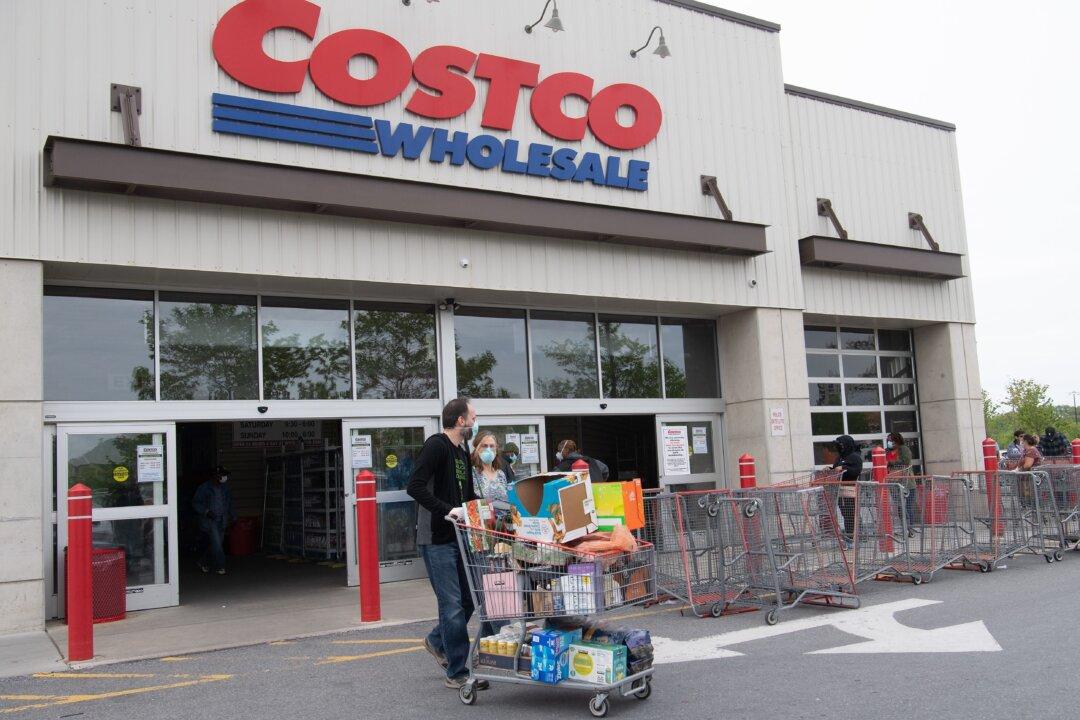Two bipartisan lawmakers are demanding answers from Costco over its decision to continue selling Chinese-manufactured security products that have been linked to human rights abuses and cybersecurity risks.
In a letter dated Oct. 31, Rep. Christopher Smith (R-N.J.) and Sen. Jeff Merkley (D-Ore.) questioned the retail giant’s continued sale of Lorex security products, noting that the company previously had ties to China-based company Dahua, whose products are restricted in the United States by the Federal Communications Commission (FCC).




